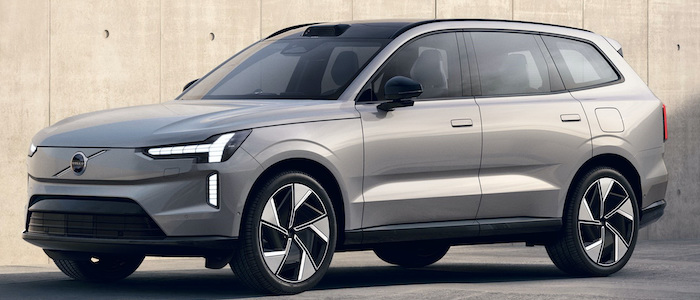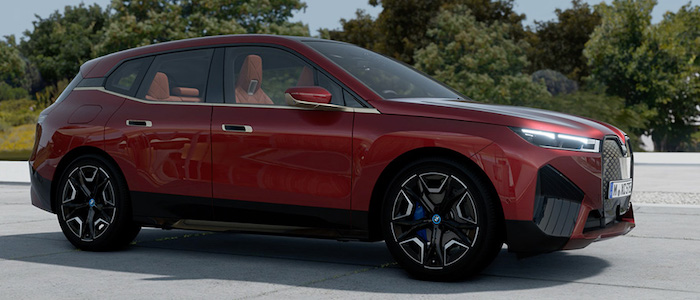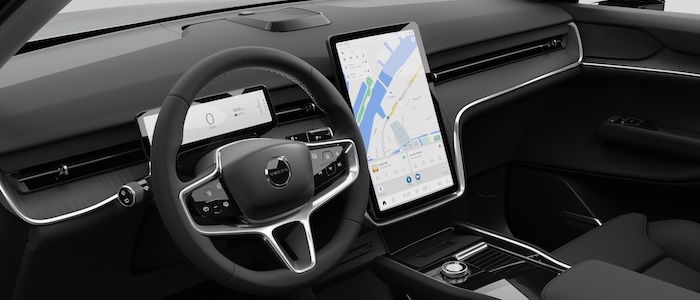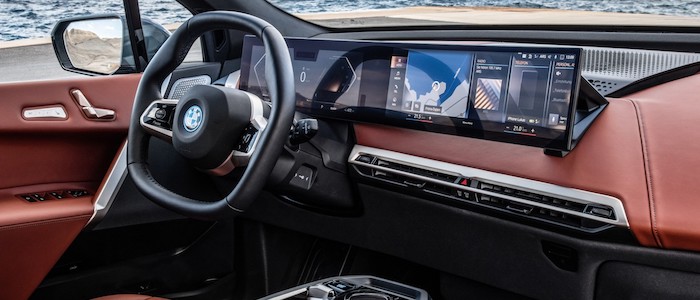Compare two cars
Compare any two cars and get our Virtual Adviser™ opinion
Dimensons & Outlines
Check vehicle history
Engine
Performance (manual gearbox)
Performance (automatic gearbox)
Expenses
Virtual Adviser's™ opinion
Well, these are two pretty similar cars we have here! It's only details that could potentially make the difference. Considering they both belong to the suv segment and utilize the same 5-door suv body style and the 4 x 4 wheel drive system, it all comes up to the specific electric engine choice they offer. The first one has a Volvo-engineered powertrain under the hood, a PMSM Electric unit in formation 1 / 1 with 408hp unit, while the other one gets its power and torque from a PMSM Electric unit in formation 1 / 1 with 326hp engine designed by BMW.
SafetyThe fact that the BMW got tested by the European New Car Assessment Programme (Euro NCAP), while the other contender didn't, puts it sky-high safety-wise, in my eyes at least. Moving further on, let's take a closer look at some additional safety-related facts. Both vehicles belong to the suv segment, which is generally a very good thing safety-wise, but that fact doesn't break the tie between the two cars. Furthermore, if we'd like to consider vehicle mass in this context too, which we definitely should, the Swedish car offers a considerable difference of 15% more metal.
ReliabilityReliability is not the best thing to consider on the make level, but it is worth mentioning that Volvo does have a slight advantage, all the models observed together. These are the official statistics, while our visitors describe reliability of Volvo with an average rating of 3.2, and models under the BMW badge with 4.1 out of 5. Unfortunatelly, I don't have enough insight that would allow me to comment in more details on the specific models level. Above it all, drivers of cars with the same engine as the Swedish car rank it on average as 3.0, while the one under the competitor's bonnet gets 1.0 out of 5.
Performance & Fuel economyVolvo is a bit more agile, reaching 100km/h in 0.2 seconds less than its competitor. Still, it lacks the power to win the top speed competition, topping at 180 kilometers per hour, 20km/h less than the other car. When it comes to fuel economy things look pretty much the same for both cars, especially if you take into account all the free charging points provided by the manufacturer and/or the local government's environmental programs. One of the essential things to consider when it comes to this type of vehicles would be range, with throne undoubtedly being claimed by the Swedish car with its additional 213 kilometers on a single charge.
Verdict
Volvo appears just a bit more reliable, although the difference is truly marginal. The most important thing when deciding between any two vehicles should always be safety, both passive and active. In my opinion, everything taken into account, the German car beats the other contender by far, making it the best choice without even considering other things. It all continues in the same direction, with BMW offering somewhat better performance, just enough to call it quicker. The Swedish car is incomparably more generous when it comes to range, which could (and potentially should) be a deal-breaker for the other contender. No mistake, whatever you decide here, but I'd still go for the Volvo. Nevertheless, let's not forget that people have different preferences and needs, so what really counts is your personal feel. I'm only here to help. In case you have two minutes to spare I invite you to define your needs, desires and budget and see which car would be chosen by the virtual adviser™, out of 12.000+ vehicles we currently have in our database.
































